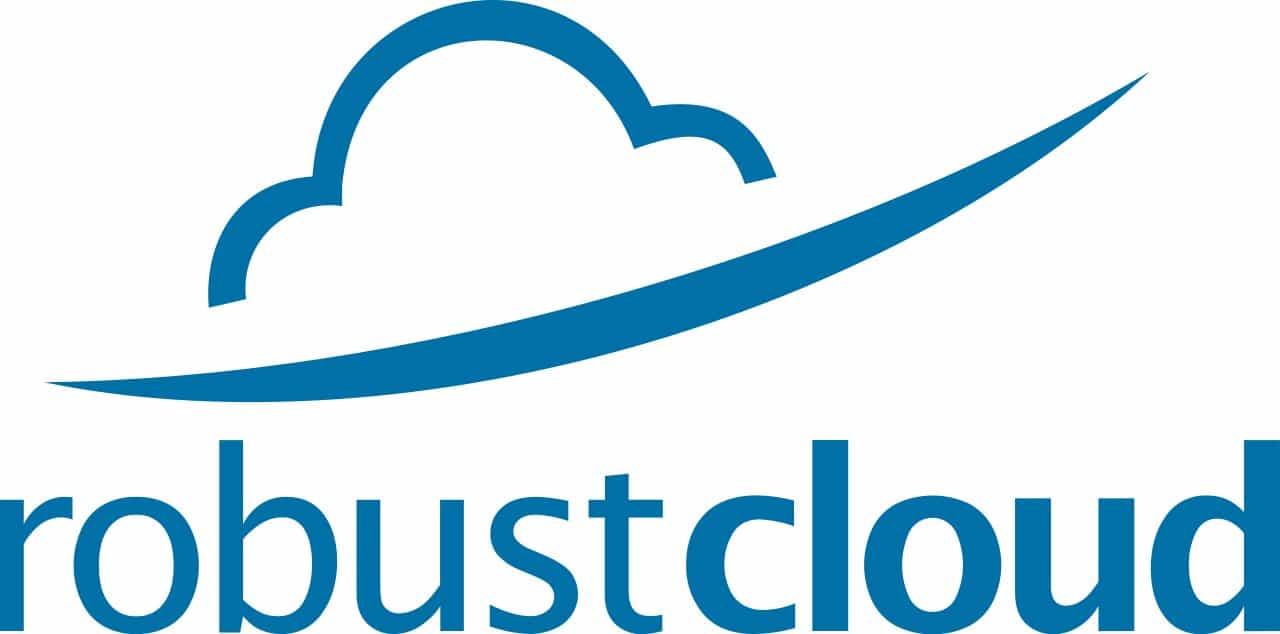Introduction: My career kicked off when I graduated in 1982, after which I worked in the computer department of a large company. I pivoted twice to refocus my career and life into directions unknown. The first was a career pivot when I was laid off from IBM in 2009, and the second was a life and career pivot when my daughter told us she was expecting a child at the end of 2020. While having dinner with my family during the holidays, I recollected my experiences and outcomes while embarking on new paths and decided to share them in a blog post.

What is a career pivot? (Courtesy ChatGPT and corrected by Grammarly)
A career pivot is a change in the direction of your career path, either by moving into a new industry or by taking on a different role within your current industry. It can be a significant change, such as moving from a career in finance to a career in education, or a more subtle shift, such as transitioning from a sales role to a marketing role within the same company. Pivoting your job can be a way to explore new interests, take on new challenges, or take advantage of new opportunities. It can also be a way to reposition yourself in the job market and advance your career.
My first pivot – a career change:
While covering the automotive industry for IBM in 2008, most opportunities were in Asia, with very few in Europe and almost nothing in North America, reeling in a slowing economy. Proposals to deliver automotive business processes as a subscription service were not approved due to the perception that the industry needed more budget for these services. In addition, there was a perception of a long turnaround for investments to pay off due to lower profit margins.
As expected, IBM laid me off in January 2009. While disappointed, I looked for opportunities in health care and cloud computing. I soon realized that health care needed too much domain expertise and trained my sights on cloud computing, which has progressed significantly since then.
Progress of cloud computing? (Courtesy ChatGPT and corrected by Grammarly)
Cloud computing has made significant progress over the past few decades. It has evolved from a primarily infrastructure-based service to a full-fledged platform with a wide range of services, including storage, computing, networking, and analytics. Cloud providers have also made it easier for businesses and individuals to access and use these services with the introduction of pay-as-you-go pricing models and user-friendly interfaces. Today, cloud computing is essential to many organizations’ IT strategies, and it continues to grow and evolve as new technologies and innovations emerge.
Embarking on a journey as an independent business into a nascent technology path when my daughter had just started college and my second daughter was still in high school was a significant financial challenge. However, this direction paid off in terms of job satisfaction by conducting scores of cloud events worldwide. Starting in 2014, I learned much in the seven years that followed at IDC.
My second pivot – a life and career change:
I documented my second pivot in a blog post done in December 2021. Having completed a role delivering “Grandpa-as-a-Service” as part of the second pivot, I consider 2021 to be one of the best years of my life.
What is a life pivot? (Courtesy ChatGPT and corrected by Grammarly)
A pivot is a significant change or shift in the direction or focus of your life. It can involve changing career, location, relationships, or personal goals and priorities. Pivots can be planned or unplanned and can happen at any stage in life.
There are many different reasons someone might pivot in their life. It could be due to a change in circumstances, such as a job loss or a move to a new city. It could also be driven by a desire for personal or professional growth or a need to change to achieve a specific goal.
Making a pivot in your life can be challenging, as it often involves stepping out of your comfort zone and making significant changes to your routine and habits. However, it can also be gratifying, allowing you to explore new opportunities and experiences and progress toward your goals.
Having started my business as an independent analyst again in January 2022, I contributed expertise to 23 companies (up from 16 at the end of 2021). After having moderated two sessions at KubeCon 2022 in Detroit, I feel fulfilled in promoting open source technology adoption.
Key takeaways:
Life offers many opportunities through setbacks like a job loss or a positive life event like becoming a grandparent. Here are some things I learned:
1. Handling stress: My job loss from IBM was stressful. That took much fortitude to start a new journey, given the financial concerns at the time. The path chosen after the second pivot was a pleasure to undertake. The outcomes of both pivots were positive, although it took more time to start on an independent path after IBM.
2. Using support: Leveraging contacts that may have taken years to build is essential in any pivot. The value of advice in creating a new business or embarking on a new journey is invaluable. Customers who trust your insights and value in prior roles carry that experience along as you progress in your career.
3. Accepting change: Keeping an open mind is essential when pivoting your career. Sub-pivots should be acceptable along the journey for continuous course correction.
After measuring outcomes, 2022 is the second-best in my life and career, and my goal is to make 2023 even better than 2022.
